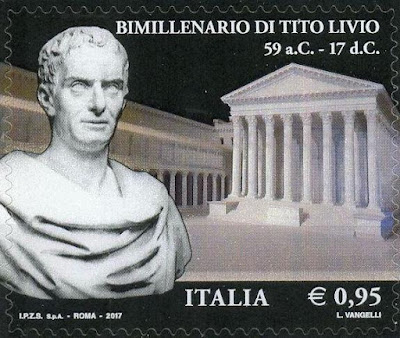The formal transfer of the Louisiana Territory from France to the United States on December 30, 1803, was a landmark moment in American history. This transfer, known as the Louisiana Purchase, had been agreed upon earlier in the year, on April 30, 1803, when representatives from the two nations signed a treaty.
Key Details:
- Seller: France, under the leadership of Napoleon Bonaparte.
- Buyer: The United States, under President Thomas Jefferson.
- Price: $15 million (approximately 4 cents per acre).
- Size of the Territory: About 828,000 square miles, doubling the size of the United States at the time.
- Strategic Importance:
- It provided the U.S. control over the Mississippi River.
- It secured the port of New Orleans, vital for trade.
- It opened vast tracts of land for westward expansion.
The purchase is considered one of the most significant achievements of Jefferson’s presidency and a turning point in U.S. history, laying the groundwork for the nation's Manifest Destiny.









